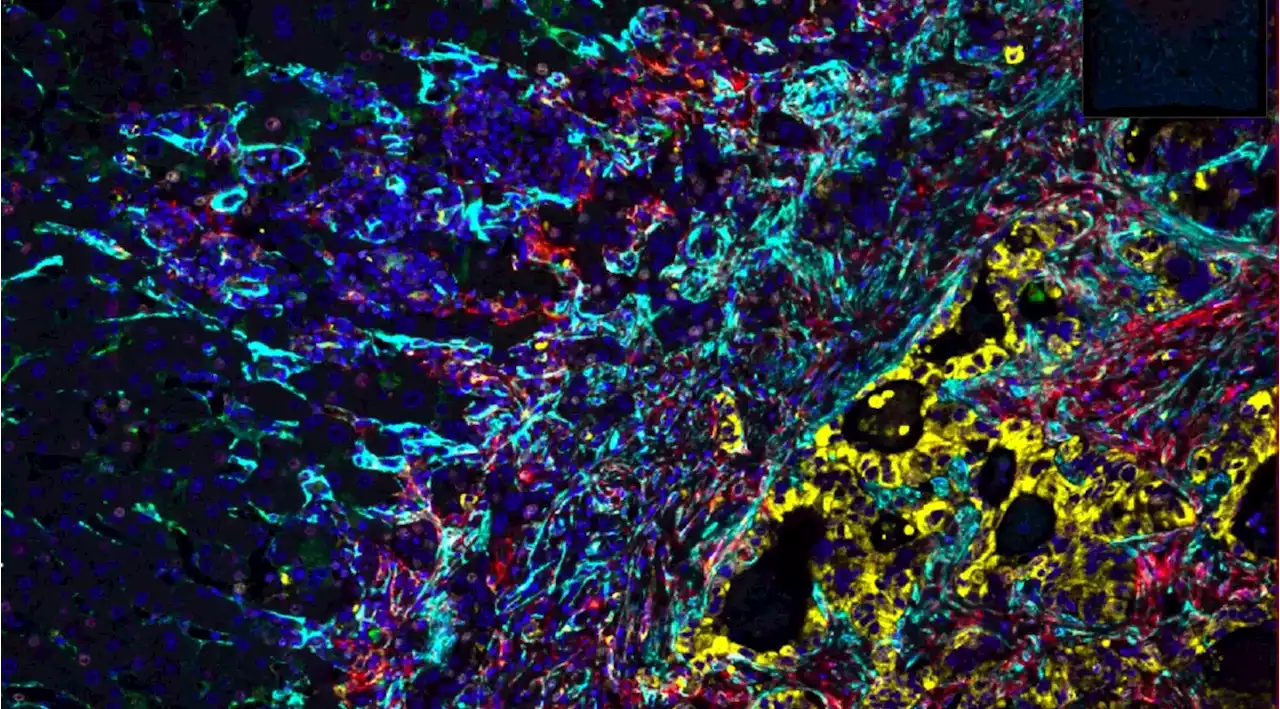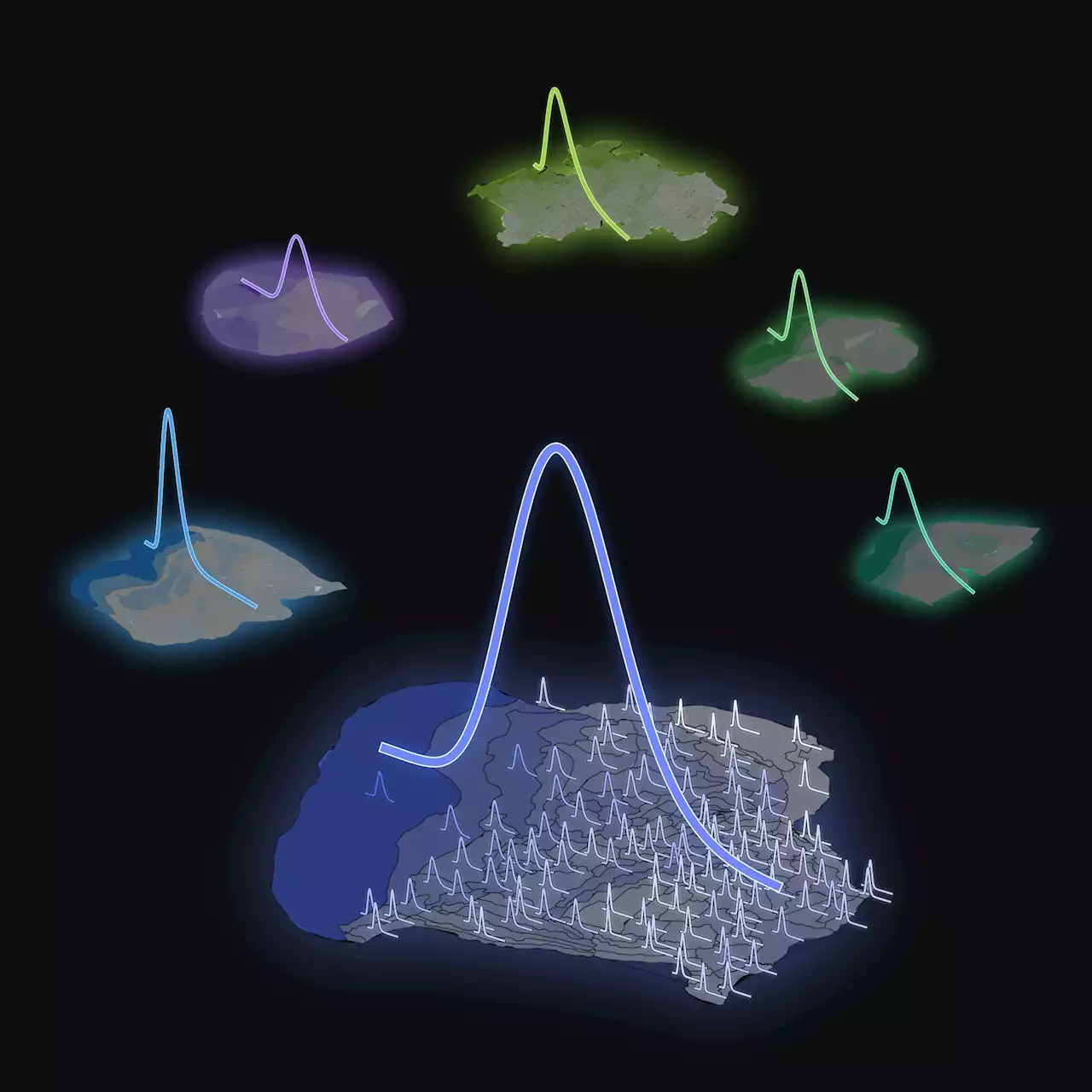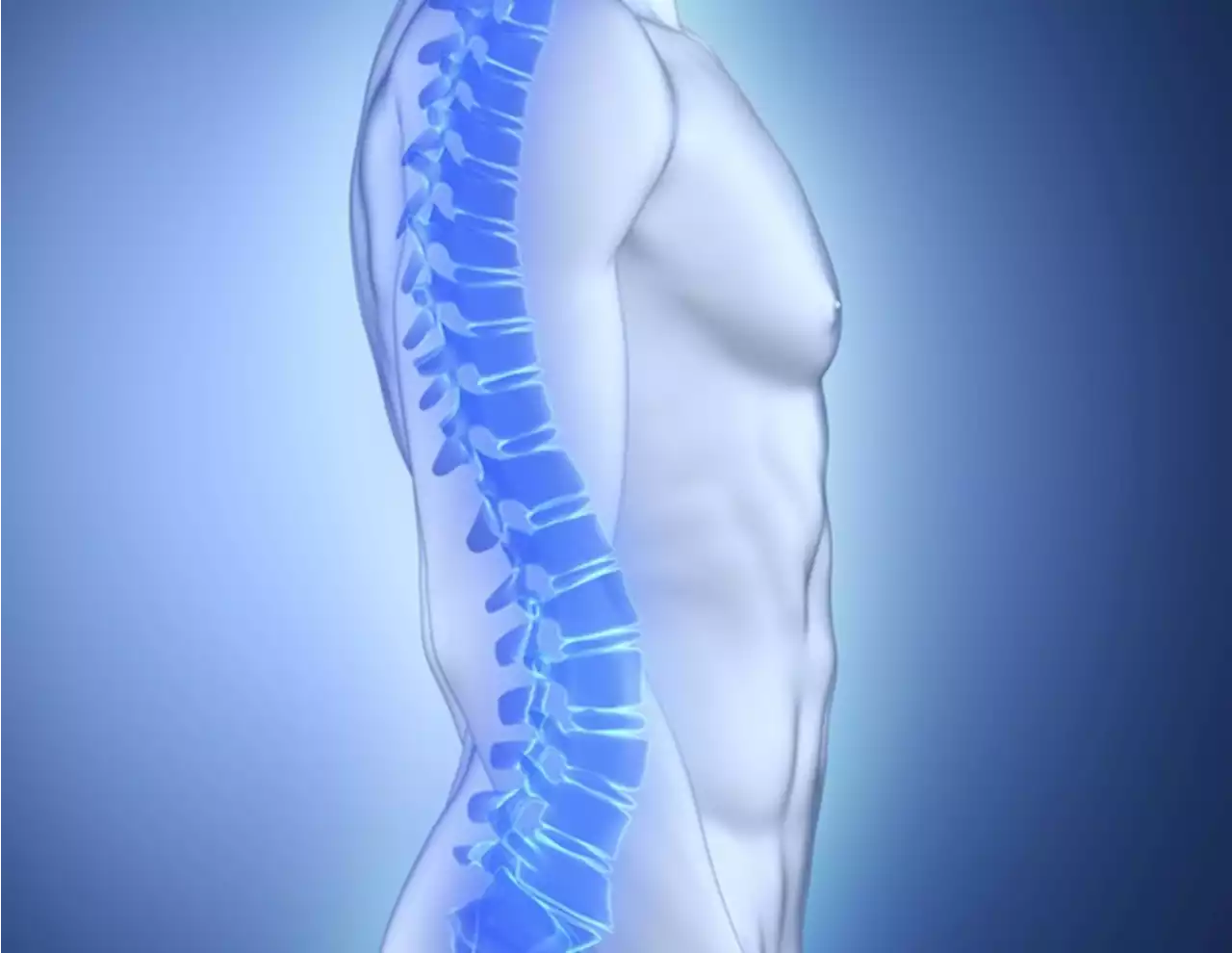Researchers say breast cancer screening is vital, reducing deaths, but can sometimes detect tumours that are not harmful, which leads to unnecessary treatments
Researchers have developed a new model that predicts a woman’s likelihood of developing and then dying of breast cancer within a decade. Current breast cancer screening is vital, but can lead to overdiagnosis and unnecessary treatments, posing challenges to the NHS, researchers say.
“Risk-based approaches can also help make more efficient use of health service resources by targeting interventions to those most likely to benefit. We thank the many thousands of GPs who have contributed anonymised data to the QResearch database, without which this research would not have been possible.”
Data suggests that for every 10,000 UK women aged 50 years invited to breast screening for the next 20 years, 43 breast cancer deaths are prevented by screening, but 129 women will be overdiagnosed. With risk-based screening, the aim is to personalise screening depending on an individual’s risk, to maximise the benefits and minimise the downsides of such screening.
Identifying those at the highest risk of deadly cancers could improve screening. These women could be invited to start screening earlier, be invited for more frequent screenings, or be screened with different types of imaging, experts suggest.
Belgique Dernières Nouvelles, Belgique Actualités
Similar News:Vous pouvez également lire des articles d'actualité similaires à celui-ci que nous avons collectés auprès d'autres sources d'information.
 New model could offer personalised breast cancer screening approach, say expertsResearchers say their study could help to potentially reduce breast cancer deaths, and cut unnecessary screenings for those at lower risk.
New model could offer personalised breast cancer screening approach, say expertsResearchers say their study could help to potentially reduce breast cancer deaths, and cut unnecessary screenings for those at lower risk.
Lire la suite »
 New model could offer personalised breast cancer screening approach, say expertsResearchers say their study could help to potentially reduce breast cancer deaths, and cut unnecessary screenings for those at lower risk.
New model could offer personalised breast cancer screening approach, say expertsResearchers say their study could help to potentially reduce breast cancer deaths, and cut unnecessary screenings for those at lower risk.
Lire la suite »
 Researchers find capsules surrounding liver metastases of colorectal cancer are a healing response by the liverA study by researchers from Karolinska Institutet and physicians from Karolinska Hospital shows that a capsule of connective tissue around liver metastases from colorectal cancer improves patient survival and represents a healing response by the liver, not a phenomenon caused by the tumor itself.
Researchers find capsules surrounding liver metastases of colorectal cancer are a healing response by the liverA study by researchers from Karolinska Institutet and physicians from Karolinska Hospital shows that a capsule of connective tissue around liver metastases from colorectal cancer improves patient survival and represents a healing response by the liver, not a phenomenon caused by the tumor itself.
Lire la suite »
 Researchers discover potential target for gastric cancers associated with Epstein-Barr virusScientists at The Wistar Institute have discovered a potential target for gastric cancers associated with Epstein-Barr Virus, and their study results are published in the journal mBio.
Researchers discover potential target for gastric cancers associated with Epstein-Barr virusScientists at The Wistar Institute have discovered a potential target for gastric cancers associated with Epstein-Barr Virus, and their study results are published in the journal mBio.
Lire la suite »
 Researchers identify mathematical rule behind the distribution of neurons in our brainsHuman Brain Project (HBP) researchers from Forschungszentrum Jülich and the University of Cologne (Germany) have uncovered how neuron densities are distributed across and within cortical areas in the mammalian brain. They have unveiled a fundamental organizational principle of cortical cytoarchitecture: the ubiquitous lognormal distribution of neuron densities.
Researchers identify mathematical rule behind the distribution of neurons in our brainsHuman Brain Project (HBP) researchers from Forschungszentrum Jülich and the University of Cologne (Germany) have uncovered how neuron densities are distributed across and within cortical areas in the mammalian brain. They have unveiled a fundamental organizational principle of cortical cytoarchitecture: the ubiquitous lognormal distribution of neuron densities.
Lire la suite »
 UAB researchers secure PCORI funding to compare two pathways of post-fracture patient careIn osteoporosis, bones become brittle and fragile, putting them at high risk of fractures or breaks. These 'fragility fractures' can cause pain, suffering, disability and even death, and patients have increased risks of repeat fractures.
UAB researchers secure PCORI funding to compare two pathways of post-fracture patient careIn osteoporosis, bones become brittle and fragile, putting them at high risk of fractures or breaks. These 'fragility fractures' can cause pain, suffering, disability and even death, and patients have increased risks of repeat fractures.
Lire la suite »
